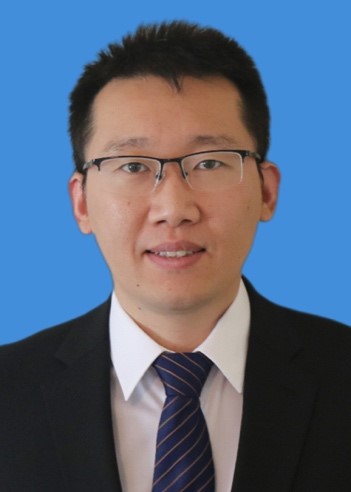
E-mail:longmei1991@gmail.comBiographyWuhan University, BS, 2009-2013Peking University & NIBS, PhD, 2013-2018NYU Langone Health, Postdoc, 2018-2024Wuhan University, Investigator, 2024-presentResearchSocial behaviors, including parental, infanticide, sexual, and aggressive behaviors, play a crucial role in the reproductive success of individuals and the survival of species. Our research goal is to understand ...

E-mail:meiding@whu.edu.cnBiography1991-1995: B.S., Xiamen University1999-2004: Ph.D., University of California at Santa Cruz2004-2008: Postdoctoral Fellow, Stanford University2008-2025: Principal Investigator, Institute of Genetics and Developmental Biology, Chinese Academy of Sciences2025-present: Professor, Wuhan UniversityResearchRooted in the foundational processes of neural development, our ...

Luo Mengcheng is a professor at Wuhan University who mainly studies the genetic mechanisms of human infertility and assisted reproductive technology

Miao Yu is a Professor of Cell Biology at the College of Life Sciences, Wuhan University, and serves as the principal investigator at the Taikang Life Sciences Center. She obtained her Bachelor's degree in Acoustics from Nanjing University and her Ph.D. in Bioengineering from the Hong Kong University of Science and Technology. In 2019, she was honored ...

Our studies mainly focus on the epigenetic regulation of human diseases, such as cancer and inflammation related diseases. Cancer and inflammation are tightly related and long-tern unresolved inflammation is one of important risk factors for tumorigenesis, such as colitis-associated cancer.

E-mail:pengch@whu.edu.cnBiographyAs a Professor and Ph.D. supervisor, he graduated from University of Science and Technology of China with a Ph.D. degree in Biochemistry and Molecular Biology in 2013. He worked as a postdoc researcher in the School of Medicine at the University of California, Irvine from 2014 to 2021. He then joined the School of Pharmacy of Wuhan University in November 2021. He is ...